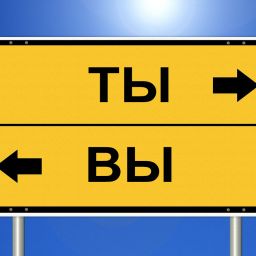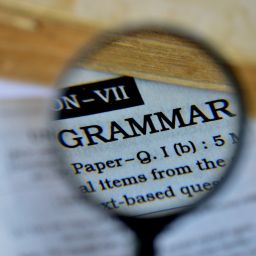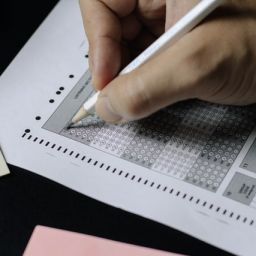Russian Level A1 – What do you need to know?
Animated and inanimate nouns
Genus and singular/plural of nouns
A case system of nouns
Forming, meaning and use of cases
The main meanings of the cases:
1. Nominative case
2. Genitive case
a) without a preposition
b) with the preposition: из, с, у
3. Dative case
a) without a preposition
b) with the preposition: к
4. Accusative case
a) without a preposition
b) with the preposition: the direction of movement – в, на; time – в
5. Instrumental case
a) without a preposition
b) with the preposition: c
6. Prepositional case
with the preposition: place – в, на, object of speech – o, means of transport – на
Meaning, cases and use of personal pronouns (я, ты, он, она, оно, мы, вы, они)
Interrogative pronouns (какой? чей? сколько?)
Possessive pronouns (мой, твой…)
indicative, attributive and negative pronouns (этот, каждый, никто, ничто)
Adjectives – compatibility with nouns in the accusative case
Verbs – infinitive, aspects of verbs, the present, past and future tense, transitive and intransitive verbs, verbs of motion without prefixes and with prefixes по, при
Numbers
Cardinal numbers (один, два, три…)
Using numbers in combination with nouns
Ordinal numbers in the accusative case
Adverbs
The categories of adverbs by meaning: place, time , mode , measure and degree.
Predicative adverbs (можно, нельзя) in limited structures, interrogative adverbs.
Prepositions в, на, из, с, к, у, о
Conjunctions и, или, а, но, не только…, но и…, потому что, поэтому, что, где, куда, который
Particles: не, даже
Syntax:
Simple sentences
1. Affirmative sentences
2. Interrogative sentences
3. Negation sentences
4. Sentences without a verb
Correct use of subject and predicate (their compatibility)
Use of the object in the sentence
Attributive relationships, spatial relationships
Complex sentences, types of subordinate clauses with various conjunctions:
– explanatory (что, чтобы, кто, как, какой, чей, где, куда, откуда)
– determinants -to a limited extent (который)
– temporary (когда)
– causal (потому что)
Direct and indirect speech
Word order:
adjective precedes noun
dependent word follows the main one
adverbs with endings -o, -e precede the verb; adverbs with the prefix по and the suffix -ски follow the verb
the subject group is in front of the predicate group
a determinant denoting a place or time can be located at the beginning or the end of the sentence, followed by the predicate group, and then the subject group
Vocabulary needed for Russian level A1: 780 words
Active vocabulary of an elementary level is used for daily, educational and socio-cultural spheres of communication.
If you are a beginner in Russian, I offer basic Russian lessons that can help you achieve the level A1.
















